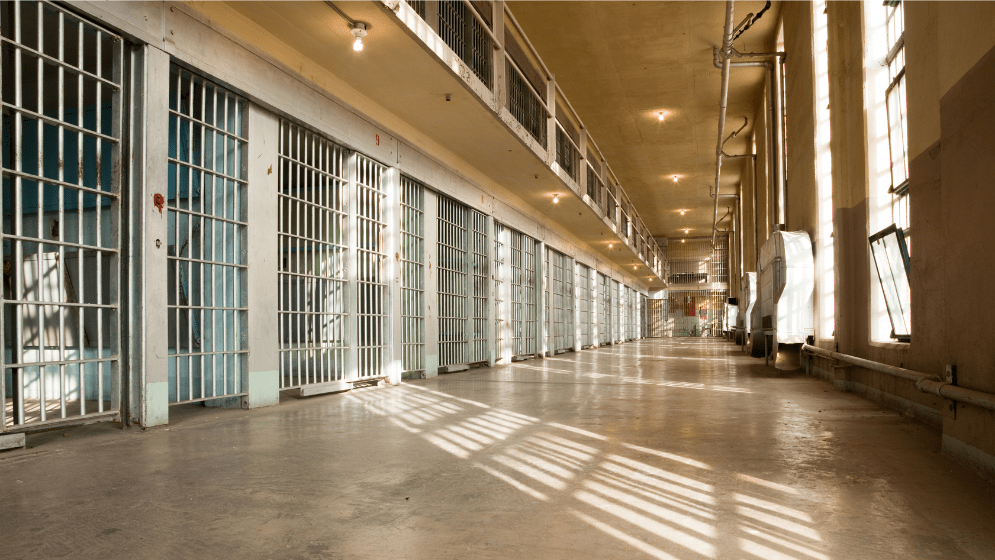
The Alabama Board of Pardons and Paroles has finally responded to mounting legislative criticism by proposing new guidelines that could reshape how parole decisions are made across the state.
After years of operating under guidelines that the board itself rarely followed, these proposed changes represent a significant shift in Alabama’s approach to criminal justice reform.
The Background: A System Under Fire
For years, Alabama lawmakers have criticized the parole board for its extremely low conformance rate to its own guidelines. The numbers tell a stark story: in fiscal year 2023, the board followed its own parole guidelines only 12% of the time. While that rate improved to about 27% by April 2025, it still fell far short of expectations.
The underlying issue has been the board’s dramatically declining parole grant rate. In 2018, the board granted parole to 53% of eligible inmates.
By 2023, that number had plummeted to just 10%, creating a bottleneck in the state’s overcrowded prison system.
What’s Changing in the New Guidelines
The proposed guidelines, now open for public comment through July 4, include several key modifications designed to address both legislative concerns and practical realities within Alabama’s correctional system.
- Raising the Bar for Denial: Perhaps most significantly, the new guidelines would increase the score required to recommend parole denial from eight points to nine points. This change could give inmates slightly more leeway for negative marks while still maintaining public safety considerations.
- Expanded Scoring Categories: The proposed changes introduce a new “very high” category for offense severity, worth four points. This addition recognizes that not all serious crimes carry the same weight and allows for more nuanced decision-making.
- Enhanced Accountability for Recent Violations: The guidelines would increase penalties for certain infractions, such as imposing two points (instead of one) for violent disciplinary incidents within the past 12 months. This change emphasizes the importance of recent behavior in parole decisions.
Legislative Pressure and Political Reality
The timing of these proposed changes is no coincidence. State legislators have increasingly pressured the board to follow its own guidelines and operate more transparently.
Senator Clyde Chambliss successfully amended the state’s General Fund budget to make part of the board’s funding conditional on revising these guidelines as required by law.
Representative Chris England has repeatedly filed bills seeking greater oversight of the parole board, while other lawmakers have proposed more dramatic reforms, including expanding the board from three to five members.
Expert Perspectives and Ongoing Concerns
Criminal justice advocates have mixed reactions to the proposed changes. Carla Crowder, executive director of Alabama Appleseed, called the effort “encouraging” but noted several areas for improvement.
Critics argue that the guidelines still don’t adequately account for the limited programming available within Alabama’s prison system or consider factors like the aging prison population. The current scoring system for reentry plans, they contend, unfairly penalizes inmates who lack access to job placement assistance while incarcerated.
Looking Ahead: Realistic Expectations
Cam Ward, Director of the Alabama Bureau of Pardons and Paroles, suggests that even with these changes, the parole grant rate is unlikely to return to historical levels.
He projects a “sweet spot” of 28% to 30% for parole grants, explaining that legislative criminal justice reforms have already removed many lower-risk offenders from the prison population.
What This Means for Alabama Families
These guideline changes could affect thousands of Alabama families with loved ones in the state prison system. While the modifications may create slightly more opportunities for parole, they also maintain strict accountability measures for serious infractions.
For families navigating the parole process, understanding these guidelines and their implications remains crucial. The scoring system continues to emphasize factors like institutional behavior, reentry planning, and community support—areas where family involvement can make a meaningful difference.
The public comment period runs through July 4, providing Alabama citizens an opportunity to weigh in on these important changes to the state’s criminal justice system.
Can't find what you're looking for? Search our site below.










